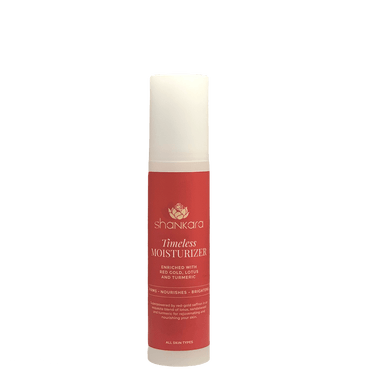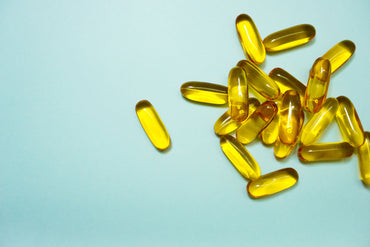
Water is the manifestation of consciousness and, whether you drink it or swim in it, forms a vital part of an Ayurvedic lifestyle. The basic ancient principles of Ayurveda propose that the way you drink water affects your health in as big a way as the quantities you drink do. Water is present in everything and is vital for nutritional absorption and maintaining life. Ayurveda reiterates the importance of only drinking water when you feel thirsty and suggests drinking water stored in copper and silver vessels. Ayurveda also further proclaims the effectiveness of consuming cleansing water, especially when combined with healthy doses of exercise in the bid to achieve optimal health and well being.
Exercise according to your constitutionExercise, like water, forms a very important part of an Ayurvedic lifestyle as it not only expends digestive impurities known as ama, but improves lightness and flexibility while decreasing stiffness in the body. All three doshas are appeased by exercise as the correct exercise can boost the immune system, fight general fatigue and stress and prevent weight gain. To make the most of your exercise regime you need to be aware of your constitution which will be classified as either Vata, Kapha or Pitta. Vata requires the least amount of exercise while Kapha requires the most. Pitta, the constitution for fire and water, requires exercise of a moderate intensity, with skiing, hiking and especially swimming being the most recommended.
Reasons to rethink your pool workoutsAlthough chlorine does act as a cleanser, it is not readily accepted by the body. It is very caustic in nature, leaving our skin frail and dry. Our skin is the largest and most absorbent tissue in the human body and if exposed to chlorinated water for an extended period of time can lead to both internal and external dryness problems. It is recommended to steer clear of conventional chlorinated pools and opt for more organic swimming solutions such as eco-friendly and saltwater pools as well as natural lakes and streams. Remember to always shower right after swimming as the drying properties can dehydrate the skin considerably. After showering, use a light, energizing body oil to restore moisture to the skin.
The pros and cons of saltwaterWhen swimming in saltwater, such as that found in the ocean and salt water pools, our bodies tend to absorb a number of its qualities through our skin. Salt can aid in digestion and elimination as well as improving overall muscle tone and break down extreme tissue growth. When exposed to too much salt water, water retention can increase and the electrolyte balance within our bodies can be significantly unhinged. Extended exposure can also exacerbate underlying skin conditions, necessitating the need for effective skin care after swimming. A hydrating body lotion can revitalize a dry, sun-tired skin significantly, making it look and feel radiant once again.
As cleansing and healing as water may be, it can also be ruthless and destructive, damaging our skin after prolonged exposure. An Ayurvedic lifestyle promotes all-round health and well being of which drinking sufficient amounts of water, regular exercise and caring for your skin all form important parts of. By embracing all the aspects of Ayurveda you will be able to almost effortlessly live your best life possible.












comments (0)